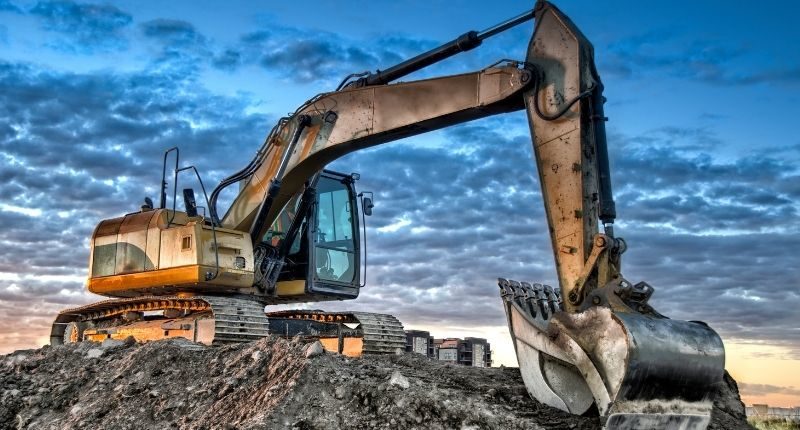
- Victim pinned by steel plate and retaining wall in trench at Baldivis housing site
- Supervisor failed to follow procedures, fined $10,000 for serious injuries sustained
- WorkSafe WA Commissioner condemned supervisor's disregard for safety
A site supervisor has been fined $10,000 (and an additional $1,172.50 in costs) for failing to prevent serious injury to a worker who was injured by limestone blocks and a steel plate in a Baldivis worksite incident back in August 2018.
Glenn Edwin Rush appeared before Rockingham Magistrates Court on Friday 5 November, where he pleaded guilty to “failing as an employee to take reasonable care to avoid adversely affecting the health of another person through an act or omission and, by that failure, causing serious harm to that person”.
Baldivis housing development site of accident
Mr Rush was employed by civil engineering company Wormall Civil Pty Ltd at the time of the incident. Wormall Civil was fined $95,000 in September over the incident.
Mr Rush and his colleagues were contracted to carry out civil works at a Baldivis housing site including road and block construction, service installation and limestone retaining wall installation between blocks.
In July, Mr Rush along with the Project Manager and Construction Advisor identified rectification work was necessary for six sewer inspection shafts across the site, for which Mr Rush was deemed to be responsible for carrying out.
Several of these inspection shafts were located in trenches adjoining limestone retaining walls.
Mr Rush conveyed to managers that he would use a steel plate as an ad hoc shoring for the retaining wall, upon a discussion that took place the day prior to the incident about the hazards presented by excavating near the retaining walls.
Victim pinned by steel plate and retaining wall
The next day, several workers had commenced work on the sewer inspection shafts in an approximately 1.8m deep trench, shored by a steel plate near the retaining wall.
The victim was the only remaining worker in the trench when the steel plate and retaining wall collapsed, his two colleagues having left the trench.
The steel plate and limestone blocks from the retaining wall collapsed into the trench, crushing the worker underneath.
The worker’s colleagues used a nearby excavator to remove the steel plate and blocks weighing approximately 250kg each, and lifted the seriously injured worker from the trench.
The worker received serious crush injuries to his pelvic region and multiple fractures, necessitating steel plates and screws in the pelvis to stabilise the area.
The worker has since endured ongoing physiotherapy and other forms of medical support.
WorkSafe WA Commissioner condemns supervisor’s actions
WorkSafe WA Commissioner Darren Kavanagh said Mr Rush had failed to follow internal policies and procedures in place by Wormall Civil that would ensure work was carried out safely.
Mr Kavanagh added that the site’s management plan outlined that the Western Australian Code of Practice for Excavation was to be followed during works, which Mr Rush also failed to do.

“A site drawing specified that no excavation work was to be carried out in front of retaining walls without approval from a structural engineer, and the Project Manager also warned that it would not be safe to undertake work in the trench without first removing the wall.
“But Mr Rush discarded all this advice and ignored the code of practice and internal procedures when he made the decision to use a steel plate as ad-hoc shoring for the retaining wall, not a recognised safe method of shoring as per the code,” he said.
Mr Kavanagh stated that dismantling the retaining wall would have taken around two hours, and could have avoided the disaster that occurred.
“Instead a general disregard for the safety of the workers that day resulted in devastating and long-term injuries to a young worker.”
Darren Kavanagh, WorkSafe WA Commissioner
“The case should provide a strong reminder to industry that safe work policies and procedures must be in place – and most importantly – should always be followed,” Mr Kavanagh concluded.







